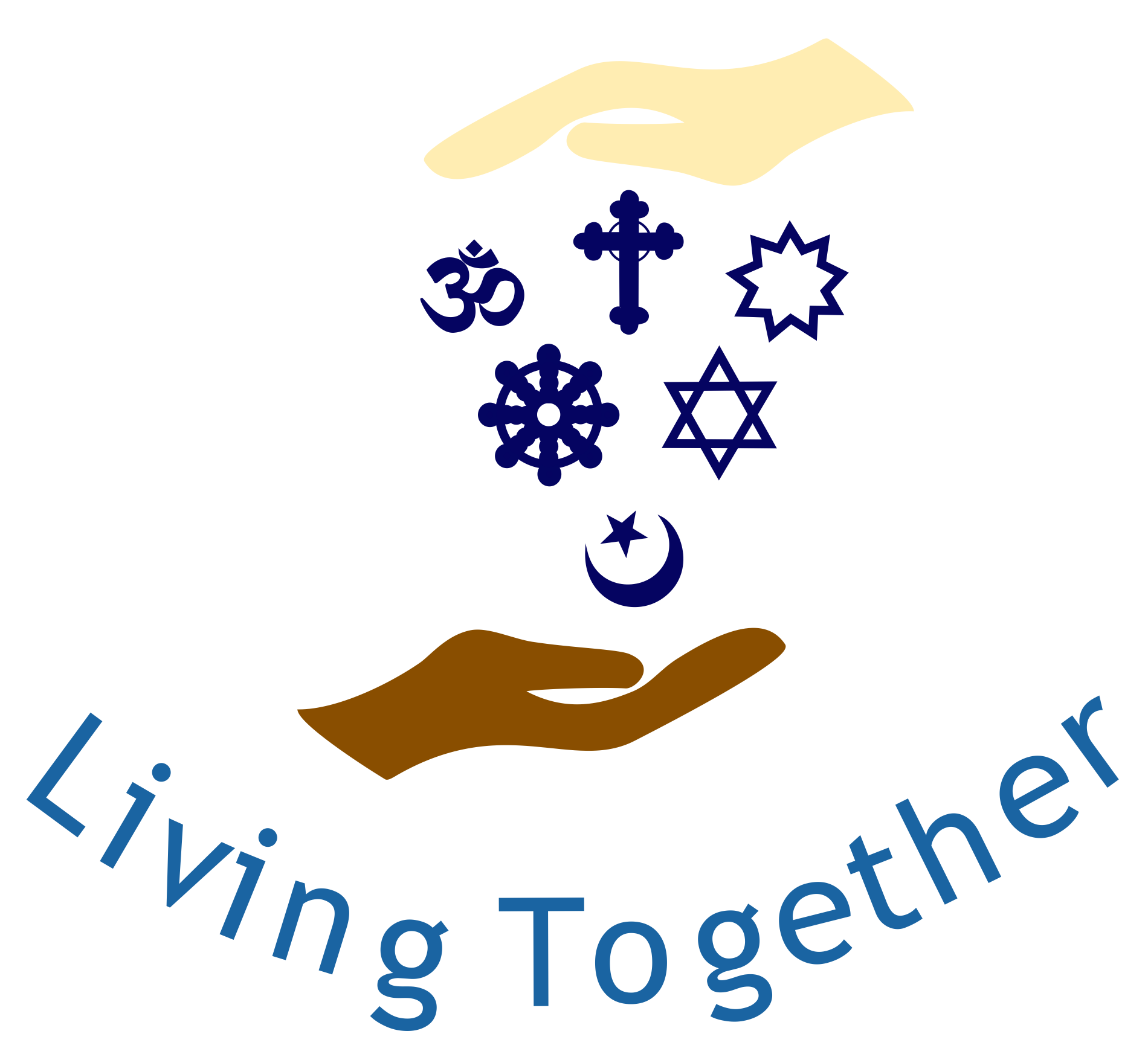As with the case of other faith groups, several groups are exempt from the duty of fasting during Ramadan, which in each case is not considered to be mandatory. These groups include:
1. People who suffer from any type of physical illness, temporary or permanent, where there is the possibility that fasting may worsen their health condition or slow their recovery. Such persons should be careful and protect themselves. Furthermore, if a sick person feels that fasting can slow down the recovery process or cause more damage to the body, he/she is also exempt from fasting. But if healthy persons feel tired or find fasting difficult, they are not allowed to halt their fast, and there is no excuse for them to break their fast.
2) Travellers, but only under some special conditions: a) The journey duration and distance should be such that it falls within the category that allows shortened prayers. b) The traveller should not intend to settle at the place he is traveling to. c) The traveling purpose should not be sinful. That is because such exemption is considered a concession and a relief that the sinner doesn’t deserve on his journey leading to sin. Two things can terminate this travel concession: a) When the traveller returns to the place where he/she is a resident and b) When the traveller decides to remain in a location, permanently or for a long time, and the location is suitable for settling in.
3) Women during pregnancy or nursing. This group cannot participate in Ramadan, since fasting can harm the mother or the child’s health. However, women have to do qaza and pay fidya for every day of fasting, after their pregnancy or child weaning.
4) Women who have a monthly period cycle. They can continue their fasting when their period has ended.
5) Senility and old age. This group includes people who are old and have lost their strength, or who are near death. Old age implies weakness, terminal illnesses, loss of mental abilities, and extreme fragility; so it is believed that the elderly do not have to fast at the expense of their health.
6) Children who have not reached puberty. Fasting for children who have not reached puberty is not compulsory. Once they do, it becomes necessary.
7) People who have a mental illness. Individuals who are mentally challenged or victims of any mental illness that affects their entire cognition are not required to fast during Ramadan.


